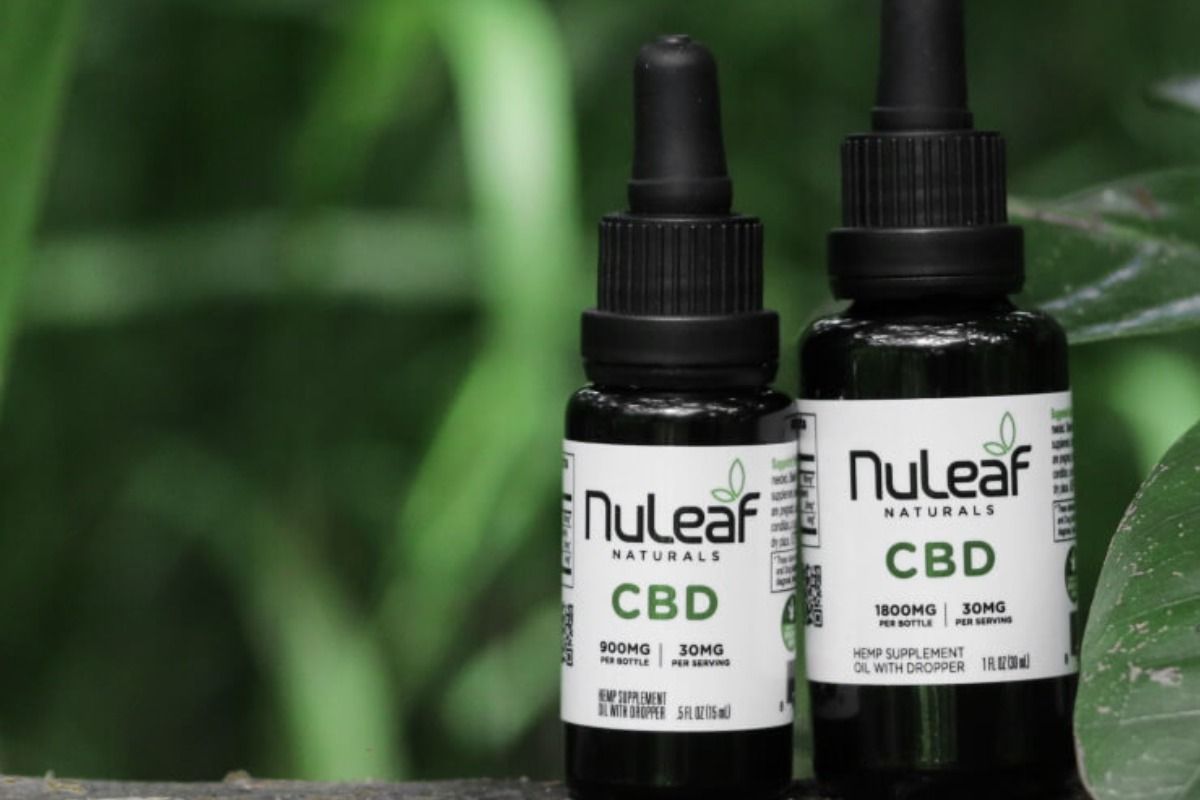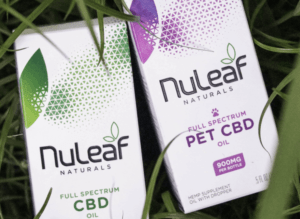Hemp Oil and CBD Oil – Understanding the Distinction

Revised Feb 2023
With surging interest in CBD and cannabis products, since the U.S. Farm Bill passed in late 2018, you may be curious about the difference between hemp oil (or hemp seed oil) and hemp extract (or cannabinoid oil). Unheard of only a few years ago, hemp oil and hemp extract are proliferating on store shelves, but there are significant differences between these products.
We put together this guide to help you learn about the similarities and differences between these hemp compounds, how to figure out what you need, and where to get the right product.
Hemp Oil vs. Hemp Extract
What is Hemp Oil?
Hemp oil, or hemp seed oil, is what it sounds like: oil extracted from the seeds of the industrial hemp variety of the cannabis sativa plant. To extract the oil, hemp seeds are pressed, bottled, processed, and refined before bottling. Hemp oil contains omega fatty acids, vitamin E, and protein.
What is Hemp Extract or Cannabinoid Oil?
Hemp extract has more to offer than hemp oil, as it is rich in compounds known as cannabinoids, which can interact with the body’s endocannabinoid system resulting in several health benefits. One of the most well-known of these cannabinoids is CBD (cannabidiol). Until recently, THC was the most well-known of these compounds for the mind-altering high it produces. However, in recent years, research has shown CBD to offer anti-inflammatory, analgesic, and other health-promoting properties. Unlike THC, CBD is not a psychoactive substance so it won’t affect your state of mind.
Hemp extract is often used interchangeably with CBD oil or cannabinoid oil, as they are the same. Hemp extract is derived from the hemp variety of the cannabis sativa plant. Instead of using the seeds, CBD and other cannabinoids are extracted from the flowers, leaves, stems, and stalks of matured hemp plants. CBD oil can be extracted through several methods, including carbon dioxide and ethanol. The extraction method plays a part in the quality of the extraction.
Similarities Between Hemp Oil and Cannabinoid Oil
- Both are oils
- Both come from the cannabis sativa plant
- Both are non-intoxicating
- Both can be applied topically or ingested
Differences Between Hemp Oil and Cannabinoid Oil
- Each is derived from a different part of the plant; hemp oil comes from the seeds of the cannabis sativa plant, whereas hemp extract is extracted from the stalks, stems, and flowers.
- Hemp oil is liquid like olive oil, whereas hemp extract, or cannabinoid oil, is a thick, sticky, tar-like substance.
- Hemp oil is a nutrient-rich oil; it contains no cannabinoids and does not reap the benefits of the entourage effect. Conversely, hemp extract, or cannabinoid oil, contains cannabinoids and terpenes and can legally contain up to 0.3% THC based on federal law in the U.S.
- Reputable cannabinoid oil will come with a certificate of analysis (COA) that details exactly what’s in the product. Hemp oil typically doesn’t come with a COA.
- Some states have laws that apply to the distribution and manufacture of cannabinoids; hemp oil, which contains no cannabinoids or terpenes, has no such restrictions.
- Hemp oil has been used in beauty products for several years, but hemp extract, or cannabinoid oil, is relatively new to all industries.
- Though they can both be used topically or ingested, you’re more likely to use hemp oil topically and ingest hemp extract or cannabinoid oil.
Hemp Oil vs. Cannabinoid Oil and the Entourage Effect
Hemp oil has many unique benefits, but it can’t provide the benefits of cannabinoids and terpenes and their interaction via what is known as the entourage effect. It is manufactured only from the seeds of the cannabis sativa plant, whereas full-spectrum cannabinoid oil uses the entire plant from stem to leaf for production.
When you harvest oil from the entire plant, you get every potential beneficial compound the plant has, including not just CBD but dozens of other cannabinoids and beneficial scent compounds called terpenes.
Reading Hemp Oil and CBD Oil Labels
When choosing hemp extract, don’t be swayed purely by cost, as this is one industry where you get what you pay for. As CBD oil is currently unregulated, marketers and manufacturers might use misleading labeling or claim unfounded benefits. This is why it’s essential to read the ingredients list to know what you’re getting.
Hemp oil should always use hemp seed oil as the active ingredient. In contrast, CBD oil should list cannabidiol, full-spectrum CBD, broad-spectrum CBD, hemp (not hempseed), or phytocannabinoid-rich CBD as its primary ingredient.
Choose CBD oil that is pure, organic, and full spectrum. Be sure to check out the company’s lab-verified test results. You can access NuLeaf Naturals’ most recent test results here.
Pure, Organic Full Spectrum Hemp Extract: The NuLeaf Naturals Difference
Full spectrum hemp extract, or cannabinoid oil, from NuLeaf Naturals is blended with pure, organic hemp seed oil, so you’re getting the best of both worlds. NuLeaf Naturals uses a two-part extraction process in creating CBD oil, which ensures the greatest benefit from the harvested plants. You can take it topically or under the tongue or ingest it.
Ready to see what hemp extract, or cannabinoid oil, can do for you? Click here to visit our shop page or here to find a local retailer.
Do you have questions about our products, or are you not sure which one is right for you?
Our Expert Team is here to help via these convenient options:
Email: [email protected]
Online chat: nuleafnaturals.com
Don’t hesitate to contact us Monday through Friday between 9 am and 5 pm MT.
